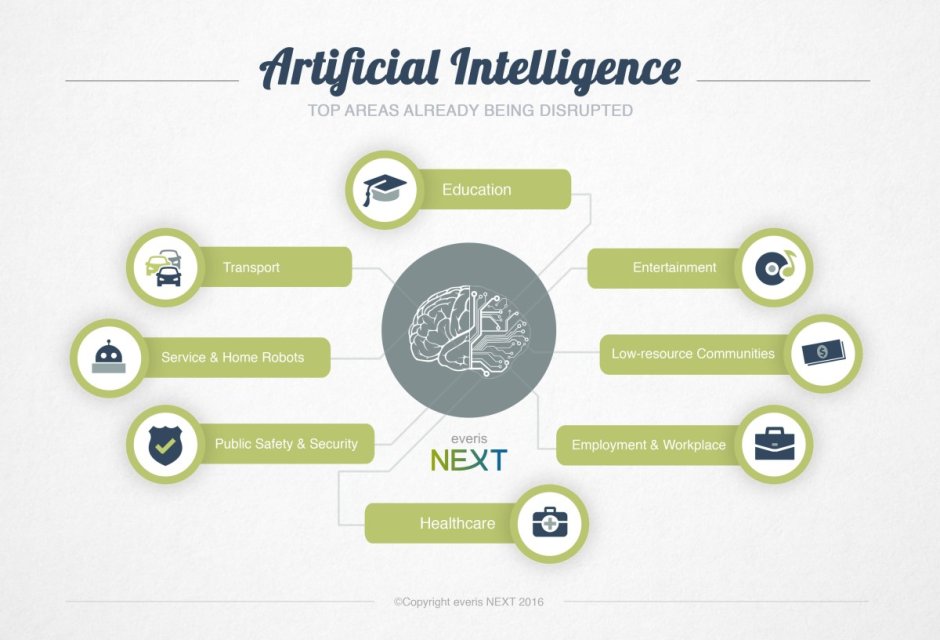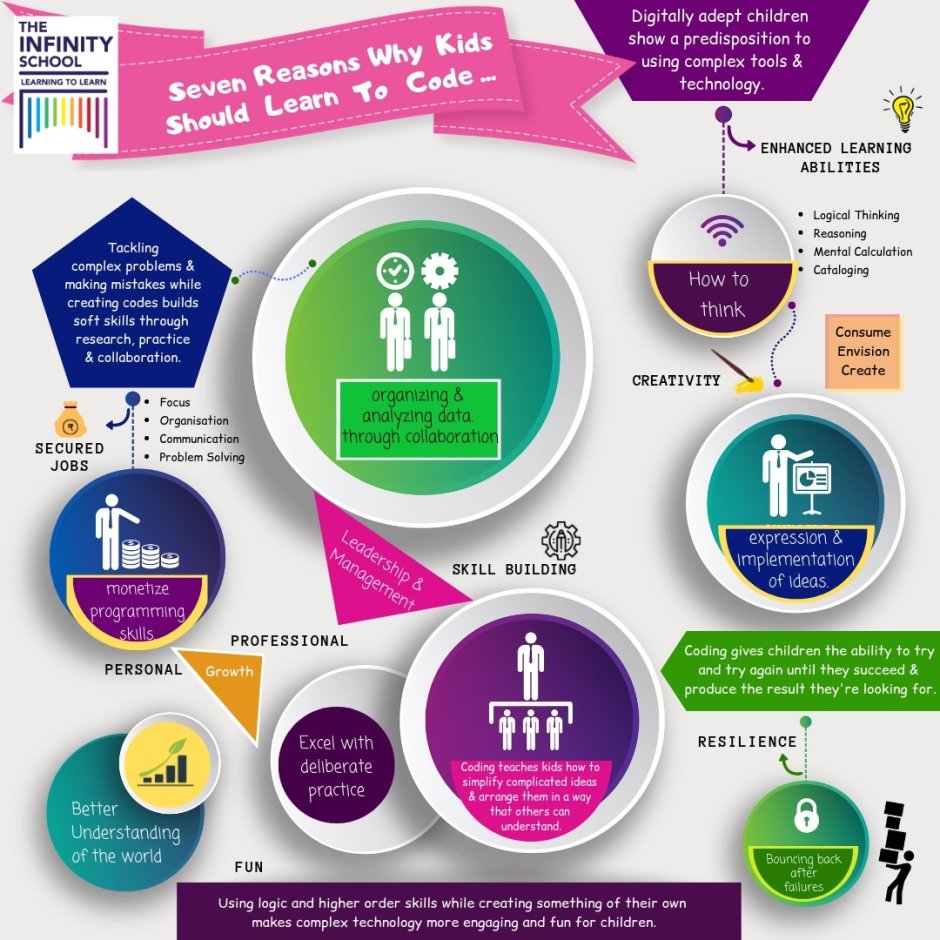Applications of artificial intelligence
Artificial intelligence (AI) has revolutionized various industries, enhancing efficiency and transforming the way we live and work. With its ability to simulate human intelligence, AI has found applications in fields such as healthcare, finance, transportation, and more.
In the healthcare sector, AI is utilized for diagnosing diseases, analyzing medical images, and developing personalized treatment plans. It enables doctors to make accurate diagnoses by analyzing vast amounts of patient data, symptoms, and medical history. Additionally, AI-powered robots can perform surgical procedures with precision and reduce human error.
The financial industry benefits from AI through automated trading systems, fraud detection, and risk assessment. AI algorithms analyze market trends, news, and historical data to make informed investment decisions. Moreover, AI-powered chatbots assist customers with banking queries and provide personalized financial advice.
Transportation has also been transformed by AI, with self-driving cars being a prime example. These vehicles use AI algorithms to navigate roads, identify objects, and make real-time decisions. This technology not only improves road safety but also enhances traffic management and reduces congestion.
AI is also making its mark in the field of customer service. Chatbots powered by AI are capable of simulating human-like conversations with customers, providing instant support and answering queries 24/7. This not only improves customer satisfaction but also reduces the workload on human agents.
Furthermore, AI plays a crucial role in enhancing cybersecurity. It can detect anomalies, identify potential threats, and respond swiftly to attacks. By continuously learning from patterns and behaviors, AI systems can adapt and strengthen security measures, preventing data breaches and protecting sensitive information.
In conclusion, artificial intelligence has diverse and far-reaching applications across various industries. Its ability to analyze vast amounts of data, simulate human intelligence, and make autonomous decisions makes it an invaluable tool for improving efficiency, accuracy, and productivity. As AI continues to evolve, its potential for innovation and impact will only increase, shaping the future in ways we cannot yet imagine.



























































